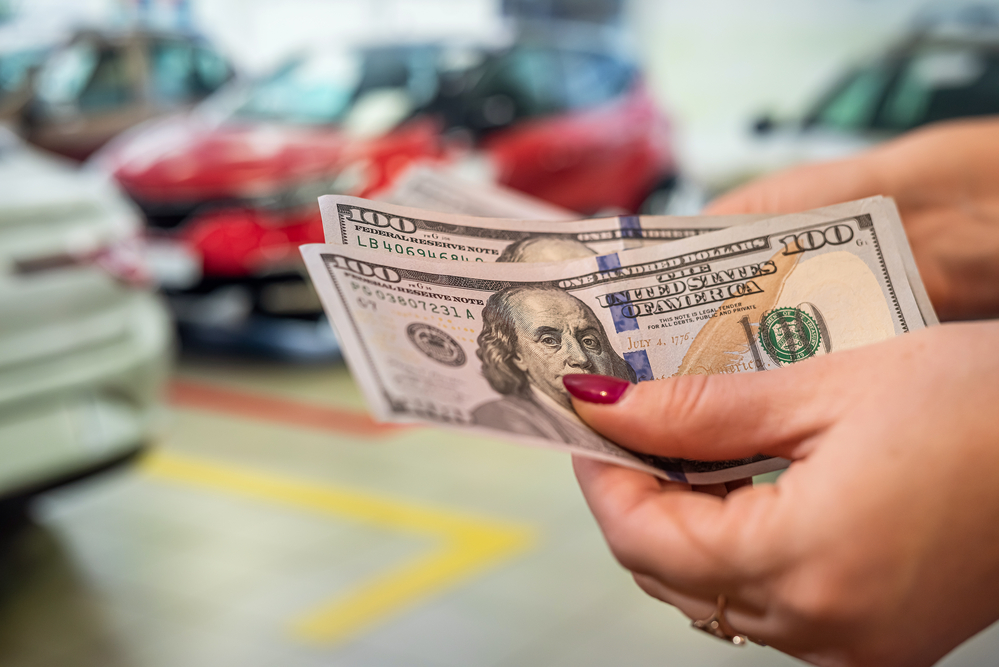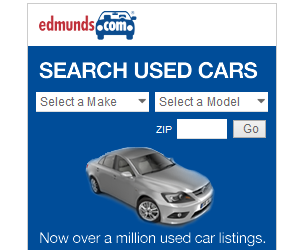The rapid shift in vehicle resale values post covid.
Valerie Raskovic

The COVID-19 pandemic had a profound impact on almost every aspect of our lives and cars are no exception. The automotive industry has seen a rapid shift in vehicle resale values. Whether you are selling or buying a preowned vehicle, it is crucial to take account of the rapidly evolving automotive landscape.
As the pandemic first hit, the automotive industry experienced significant supply chain and distribution-related interruptions. Manufacturing plants shut down and dealerships faced unprecedented challenges. New car sales plummeted, which in turn, had an indirect effect on the used car market. With fewer new cars available, used car prices initially saw a rise as demand outpaced supply.
One of the most significant factors influencing the shift in resale values was the ongoing supply chain disruptions. The shortage of microchips, essential components in modern vehicle's history, significantly slowed down new car production. This shortage not only delayed the release of new models but also affected the availability of used cars. As a result, used car prices continued to rise, making it a seller's market.
Another major change came in the form of consumer preferences. The pandemic contributed to changes in consumers lifestyles. Many companies are expanding their work-from-home/remote work programs, which in turn decreased the mileage consumers would put on their cars. These changes influenced the types of vehicles average consumers purchased. The demand for SUVs and trucks continued to increase. Also, since many individuals no longer needed a daily commute, this led to a change in preferences towards vehicles that were better suited for shorter, more economical trips, such as smaller cars, hybrids and EVs. As a result, these types of vehicles retained their value or even saw price increases.
Perhaps one of the most noteworthy developments was related to the economic challenges experienced during and after the pandemic. The US government provided stimulus packages and financial assistance to individuals and businesses. Some recipients used these funds to make significant purchases, including vehicles, further bolstering demand.
One of the other very significant contributors to an increase in vehicle resale values has to do with the post-covid economy. A weakening US currency can be attributed to the dollar’s decreased buying power. As the dollar depreciates, it makes importing goods, including cars and car components, more expensive. When the currency is weaker, it takes more of it to purchase the same quantity of imported components or fully assembled cars. As a result, manufacturers may pass these increased costs on to consumers, leading to higher car prices.
The bottom line is when the local currency loses value, it takes more of it to buy the same goods and services. Inflation is one of the primary causes of the increase in prices across various sectors, including the automotive industry.
While the initial expectation was that the pandemic would lead to a decrease in used car prices, the combination of these factors resulted in sustained demand, limited supply and a shift towards electrification, all during a rapidly changing economic climate, ultimately keeping used car prices higher than anticipated.
As the automotive industry continues to adapt to post-pandemic conditions, the future remains somewhat uncertain. It is very possible that used vehicle prices will stabilize and experience more traditional depreciation patterns in the coming years; however, it is safe to assume that the vehicle resale values will not go back to pre-covid numbers, at least not for the foreseeable future.
Read more articles

